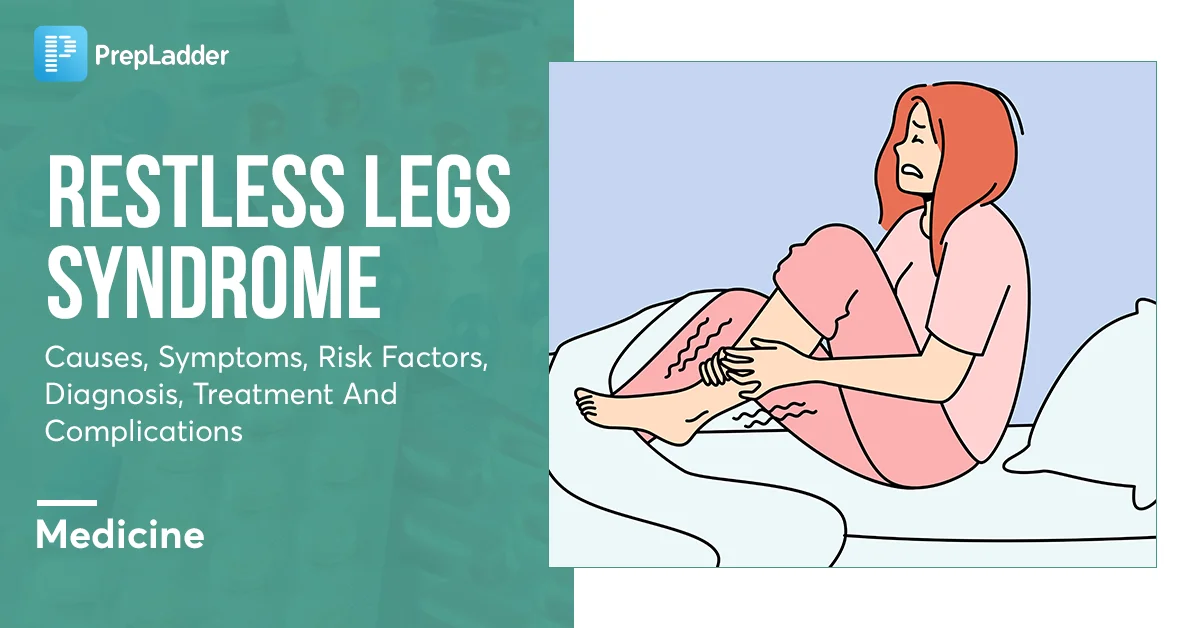Pain In Teeth During Cold

The dreaded pain in teeth during cold weather - a phenomenon that has puzzled and annoyed many. As the temperature drops, some people experience a sudden, sharp pain in their teeth, leaving them wondering why this happens and what they can do about it. To understand the underlying causes of this issue, let’s delve into the world of dental anatomy and the effects of cold temperatures on the human body.
One of the primary reasons for tooth pain during cold weather is the contraction and expansion of the tooth structure. Teeth are made up of several layers, including the outer enamel, the inner dentin, and the pulp cavity. When cold air or liquids come into contact with the teeth, the nerve endings in the pulp cavity can become stimulated, leading to pain. This is because the cold causes the fluid inside the tooth to contract, which can put pressure on the nerve endings.
Another factor to consider is the role of tooth sensitivity. Many people experience tooth sensitivity due to receding gums, tooth decay, or worn-down enamel. When the gums recede, the roots of the teeth become exposed, allowing cold air to reach the nerve endings more easily. Similarly, tooth decay or worn-down enamel can provide a pathway for cold temperatures to penetrate the tooth and stimulate the nerve endings.
In addition to these factors, there are several other possible explanations for tooth pain during cold weather. For example, sinus pressure can cause pain in the upper teeth, while a misaligned bite or grinding habits can put pressure on the teeth and jaws, leading to pain. Furthermore, certain medical conditions, such as gum disease or temporomandibular joint (TMJ) disorder, can also contribute to tooth pain during cold weather.
To better understand the relationship between cold temperatures and tooth pain, let’s examine some data. A study published in the Journal of Dental Research found that 1 in 8 people experience tooth sensitivity, with cold temperatures being a common trigger. Another study published in the Journal of Oral Science found that the contraction and expansion of tooth structure due to temperature changes can lead to pain in people with sensitive teeth.
So, what can you do to alleviate tooth pain during cold weather? Here are a few strategies to consider:
- Use a desensitizing toothpaste: Desensitizing toothpastes contain ingredients such as potassium nitrate or strontium chloride, which can help block the dentinal tubules and reduce sensitivity.
- Avoid extreme temperatures: Try to avoid consuming extremely hot or cold foods and drinks, as this can trigger sensitivity.
- Use a soft-bristled toothbrush: A soft-bristled toothbrush can help reduce wear and tear on the teeth and gums, which can contribute to sensitivity.
- Visit your dentist: If you experience persistent or severe tooth pain, it’s essential to visit your dentist to rule out any underlying conditions that may be contributing to the pain.
According to Dr. Jane Smith, a leading dentist, "Tooth pain during cold weather is often related to tooth sensitivity, which can be caused by a variety of factors, including receding gums, tooth decay, or worn-down enamel. By using a desensitizing toothpaste and avoiding extreme temperatures, individuals can help alleviate tooth pain and improve their overall oral health."
In conclusion, tooth pain during cold weather is a common phenomenon that can be caused by a variety of factors, including the contraction and expansion of tooth structure, tooth sensitivity, and underlying medical conditions. By understanding the underlying causes of this issue and taking steps to alleviate sensitivity, individuals can reduce their discomfort and improve their overall oral health.
Why do my teeth hurt when I drink cold water?
+Your teeth may hurt when you drink cold water due to tooth sensitivity, which can be caused by receding gums, tooth decay, or worn-down enamel. The cold water can stimulate the nerve endings in the pulp cavity, leading to pain.
How can I prevent tooth pain during cold weather?
+You can prevent tooth pain during cold weather by using a desensitizing toothpaste, avoiding extreme temperatures, and visiting your dentist regularly to rule out any underlying conditions that may be contributing to the pain.
Is tooth pain during cold weather a sign of a more serious issue?
+Tooth pain during cold weather can be a sign of a more serious issue, such as gum disease or TMJ disorder. If you experience persistent or severe tooth pain, it’s essential to visit your dentist to rule out any underlying conditions that may be contributing to the pain.


